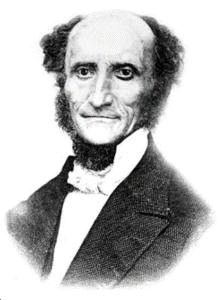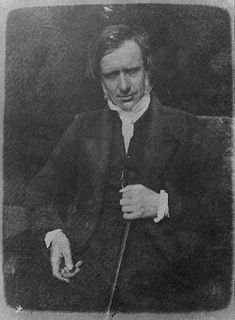A Quote by John of the Cross
A Christian should always remember that the value of his good works is not based on their number and excellence, but on the love of God which prompts him to do these things.
Related Quotes
Have you ever realized that you can give things to God that are of value to Him? Or are you just sitting around daydreaming about the greatness of His redemption, while neglecting all the things you could be doing for Him? I'm not referring to works which could be regarded as divine and miraculous, but ordinary, simple human things - things which would be evidence to God that you are totally surrendered to Him.
To the Christian, love is the works of love. To say that love is a feeling or anything of the kind is an unchristian conception of love. That is the aesthetic definition and therefore fits the erotic and everything of that nature. But to the Christian love is the works of love. Christ's love was not an inner feeling, a full heart and what not, it was the work of love which was his life.
Every Christian leader should have this engraved in his subconscious. No matter what you do, never take yourself too seriously God always chooses the foolish things of this world to confound the wise. He shows his might only on the behalf of those who trust in Him. Humility is the place where all christian service begins.
The Gospel does not require anything good that man must furnish: not a good heart, not a good disposition, no improvement of his condition, no godliness, no love either of God or men…….. It plants love into his heart and makes him capable of all good works. It demands nothing, but it gives all. Should not this fact make us leap for JOY?
The heart that delights in God and longs only to see His glory advance will seldom be conscious of sacrifice. God in His wisdom asks that we first love Him and then live in keeping with that core value. He does not want His people to think of what they do as sacrificial, even though from the world's point of view it may be just that. Gratitude for grace of God will always be found near the center of the Biblical Christian's most powerful motivations.
The master in the art of living makes little distinction between his work and his play, his labor and his leisure, his mind and his body, his information and his recreation, his love and his religion. He hardly knows which is which. He simply pursues his vision of excellence at whatever he does, leaving others to decide whether he is working or playing. To him he's always doing both.
We can think of Lent as a time to eradicate evil or cultivate virtue, a time to pull up weeds or to plant good seeds. Which is better is clear, for the Christian ideal is always positive rather than negative. A person is great not by the ferocity of his hatred of evil, but by the intensity of his love for God. Asceticism and mortification are not the ends of a Christian life; they are only the means. The end is charity. Penance merely makes an opening in our ego in which the Light of God can pour. As we deflate ourselves, God fills us. And it is God’s arrival that is the important event.
Grace is not against good works! It simply does not bless on the basis of good works. We receive blessing from God based solely on the merits of His Son--blessings freely given to us in Christ and nowhere else. The completeness that is in Christ mean deliverance from trying to 'be good' and 'do right' in order to be accepted by God.
God made the world for the delight of human beings-- if we could see His goodness everywhere, His concern for us, His awareness of our needs: the phone call we've waited for, the ride we are offered, the letter in the mail, just the little things He does for us throughout the day. As we remember and notice His love for us, we just begin to fall in love with Him because He is so busy with us -- you just can't resist Him. I believe there's no such thing as luck in life, it's God's love, it's His.
To love God does not mean to meet His needs, but rather to delight in Him and to be captivated by His glorious power and grace, and to value Him above all other things on earth. All the rest of the commandments are the kinds of things that we will do from our hearts, if our hearts are truly delighted with and resting in the glory of God's grace.
Modern man has no real "value" for the ocean. All he has is the most crass form of egoist, pragmatic value for it. He treats it as a "thing" in the worst possible sense, to exploit it for the "good" of man. The man who believes things are there only by chance cannot give things a real value. But for the Christian the value of a thing is not in itself autonomously, but because God made it.
As a good Christian should consider every place as holy, because God is there, so he should look upon every part of his life as a matter of holiness, because it is offered unto God. The profession of a clergyman is a holy profession, because it is a ministration in holy things, an attendance at the alter. But worldly business is to be made holy unto the Lord, by being done as a service unto Him, and in conformity to His Divine will.









































